When I told a friend that when I’m in New York, I go out for drinks with Brad Parsons, she said, “Oh, he’s the holy grail of drinking buddies!” I was introduced to Brad via Ed Anderson, who photographed my books Drinking French and My Paris Kitchen, and he photographed all of Brad’s books. After shooting My Paris Kitchen, Ed sent me a copy of Bitters, which was so well-written and covered the subject so well (a subject I wasn’t all that familiar with, but the book piqued my interest!) that I had to meet him.
Brad has not only written Bitters, which won coveted James Beard and IACP awards, but also the book on Amaro, and Last Call, about closing time in the bar world. In Distillery Cats, he profiles “the world’s most spirited mousers,” and he’s currently working on a book about Italian drinks.

I often refer to Brad as the Godfather of Drinking French as Brad was kind enough to put me in touch with contacts he had in the U.S., and he spent more than a few evenings with me doing “research” at bars, so I could see and learn how bartenders used French spirits, while also learning what was (and wasn’t) readily available outside of France.
I’m fortunate to have Brad as a friend. He knows his spirits and is great fun to have a drink with. He just launched a his own newsletter, Last Call, where he covers the cocktail scene and shares stories, such as a nostalgic look at his favorite hand pies in New Orleans, a heartfelt ode to his late best friend and companion, and cocktail recipes, including seasonal summer drinks from New York’s famed Gramercy Tavern.
In my podcast, Brad and I talked about French and Italian spirits and apéritifs, as well as how the countries differ in what they drink, and the way they drink, along with recipes if you’d like to share a drink with us!
You can also find Brad at his website and on Instagram, and the recipes for the drinks we made in the podcast are below. - David
Campari and Soda
From Brad Thomas Parsons
2 ounces Campari (stored in the freezer)
6 ounces ice-cold seltzer or club soda
Garnish: orange slice or twist
Add the chilled Campari to a frozen tumbler or highball glass.
Top with seltzer or club soda. Add ice and orange slice or twist.
Campari Shakerato
From Brad Thomas Parsons, adapted from Naren Young, at Dante, NYC
2 1/2 ounces Campari
Add the Campari to a mixing tin and shake with ice.
Strain the mixture into the empty part of the mixing tin, if using a 2-part Boston shaker—if using a standard 3-part shaker, called a cobbler shaker, strain the mixture into another vessel. (You can read about the different types of shakers here.) Discard the ice and pour the mixture back into the shaker and shake vigorously—called a “dry shake”—for 10-15 seconds.
Strain into a chilled Nick and Nora glass or small coupe glass.
Suze and Tonic
Adapted from Drinking French
You can use Suze or Salers, another gentian-flavored French apéritif, in this twist on the classic Gin & Tonic. If you want it on the stronger side, feel free to add more Suze or Salers.
1 ounce Suze or Salers
3 ounces ice-cold tonic water
2 lime wedges
Add the Suze or Salers to a tall Collins glass or tumbler, or a footed goblet.
Top with tonic water and add a generous handful or two of ice. Garnish with lime wedges.





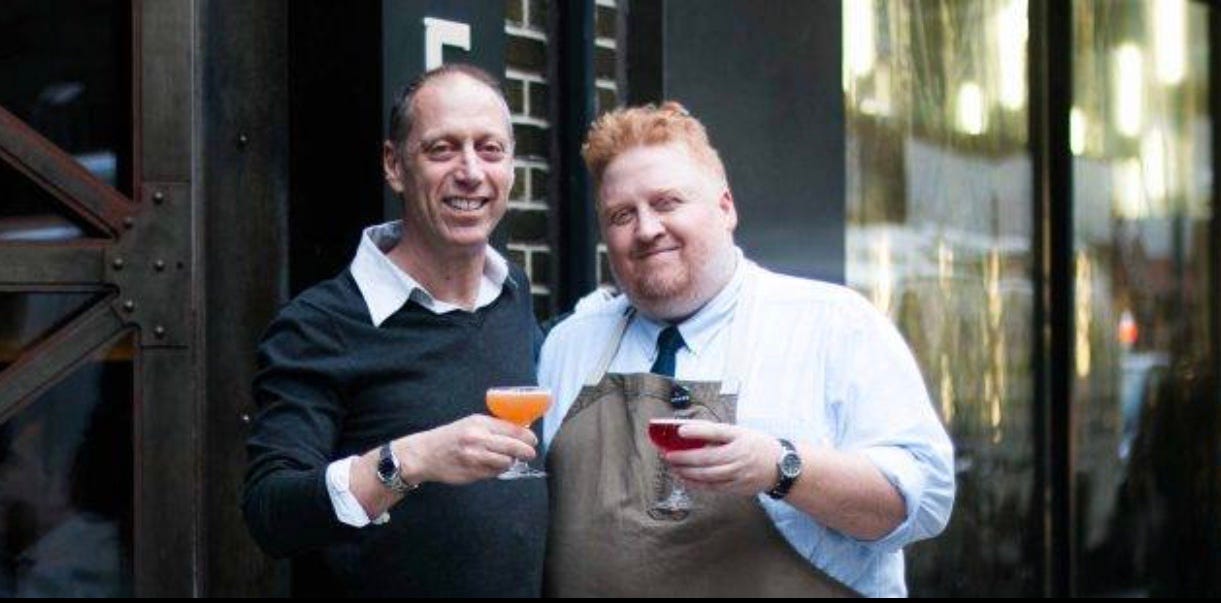


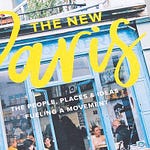
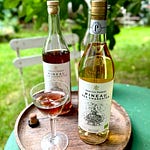

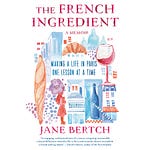


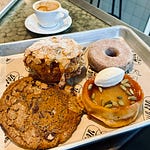

Share this post